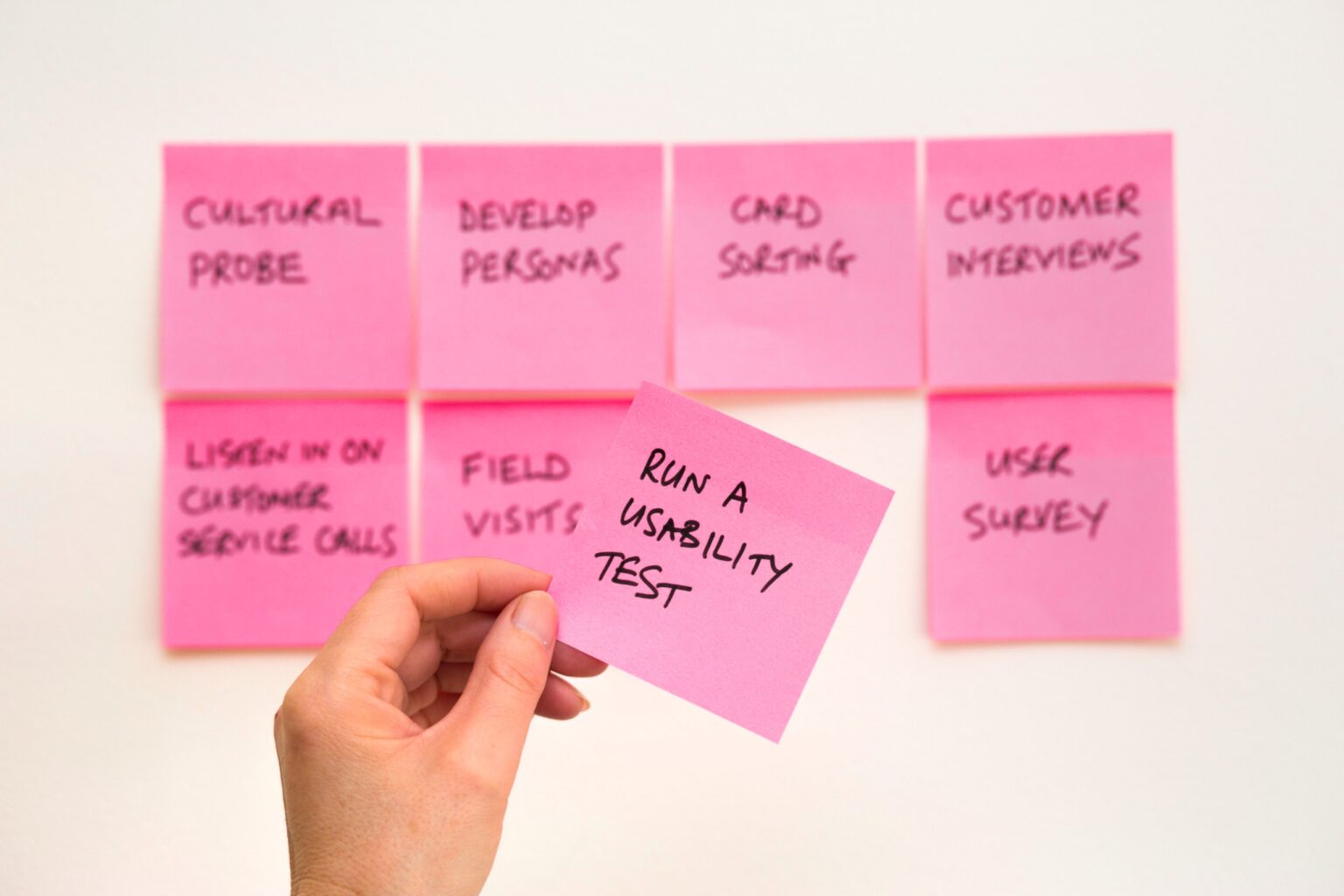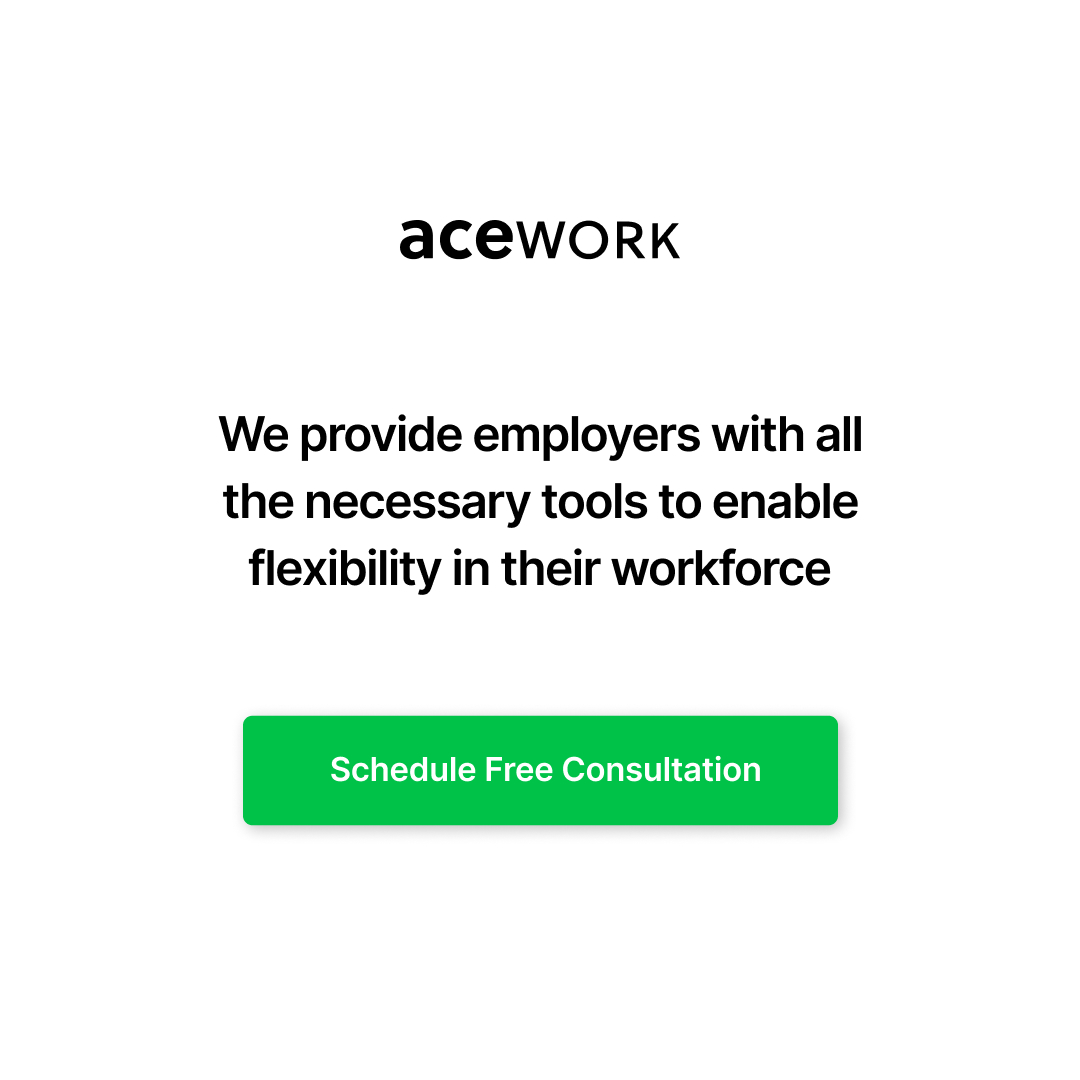A positive candidate experience can help secure top talent and shape a company’s employer brand. One of the ways to create that impression is by using talent assessments. Adding the right assessments early in the recruitment process allows you to identify relevant candidates. This also gives candidates the chance to learn if they are the right fit. Companies hiring remote talent should consider using screening tests to assess the candidate’s work-style. This should be in addition to experience, knowledge, and skills.
According to a 2019 LinkedIn report, 57% of recruiting professionals use soft skills assessments. However, 60% think these assessments will make a great impact in the next five years. No matter the level of the open position, using a thorough screening process will give remote companies an advantage and prepare for the interviews ahead.
Here are some of the reasons for screening candidates when recruiting
Saves time and effort
Introducing pre-defined assessments in the early stages saves time and money. This ensures recruiters and hiring managers don’t have to sit through time-consuming interviews with unqualified candidates.
Eliminates 90% of the application pool
There are various reasons why candidates do not make it to the interview process. Many people apply to roles they are not a fit for, don’t take the time to write an interesting application, or submit a poor resume. . Sadly, candidates often do not read job descriptions properly and use the “spray and pray” method in their job search. This in turn increases the workload for recruiters. Introducing assessments, for example in the form of screening questions, eliminates these candidates early on.

Reduces employee turnover
The upside of a foolproof interview process is hiring a candidate with the right skill and personality fit for the company. If both sides are happy with the choice, the new hire has a higher probability of staying with the company for longer. Assessments support finding this candidate by covering different elements early on. In turn, this gives interviewers (recruiters as well as hiring managers) more time to dig deeper into relevant aspects of the candidate’s application. This guarantees finding those future employees who will stay with the company for a longer period of time.
Flexible interview process
Don’t miss out on top talent due to something as basic as scheduling issues. Introducing a pre-screen assessment in the early stages allows recruiters to offer more flexibility to candidates to apply and qualify for an open position. You can set up many assessments asynchronously so you don’t require the candidates to have matching availability with your recruiters. For example, candidates can answer screening questions when and where it’s most convenient for them.
??? Address Hiring Challenges With Flexible Job Arrangements. Download Free Whitepaper???
Wondering how to evaluate talent?
Here are some talent assessments to implement early on during your recruitment process.

Work samples
Use work samples in the pre-hire assessment process to help assess a candidate in action. Make sure the sample is closely related to assess a candidate’s skills, as this is most effective in predicting one’s job performance. Depending on the position, requiring work samples could be most suited at an early stage in the application process. However, for others, it makes more sense to appear at a later stage.
Job Simulations
Use job simulations synchronously during an interview or in a form of asynchronous screening questions. These often include situational questions that ask the candidate to respond to a hypothetical situation. These questions help assess how a candidate performs under pressure and his thought process given a tough situation.
Cognitive ability testing/Aptitude tests
Use cognitive ability and aptitude tests to assess a candidate’s cognitive ability and problem-solving skills. They usually include numerical and verbal reasoning, as well as logic exercises. They can also branch out to test memory, attention to detail, and more. These talent assessments help you evaluate candidates’ general intelligence and ability to comprehend various concepts and solve basic problems.

Screening questions
Use screening questions in the initial steps of the recruitment process to screen candidates, instead of the traditional phone or video call with the recruiter. Depending on the skills and situation, it makes sense to require the answers in written format or in the form of short videos. The questions can vary from motivational, situational, behavioural, or cultural questions. They should also always be very specific to the role (Find examples of screening questions here). This kind of assessment allows candidates to record answers to questions and allows interviewers to evaluate the answers in their own time. Using the same predefined set of screening questions can be classified as structured interviews that are known for a higher degree of predictive power. The acework platform and talent advisory allow companies to pre-screen talent with individual screening questions and support answers both in written and video format.
Personality tests
Personality tests assess the applicant’s thought processes as well as analyze behavioral and emotional patterns. They identify a variety of personality traits and important attributes such as leadership skills, integrity, attendance, creativity, and cooperation. Job candidates evaluate themselves through a series of structured questions, giving clues as to their personality traits. Highly structured, and industry-specific personality tests tend to offer a higher level of results than standardized personality tests.
Gamification
One of the more recent developments in recruitment and talent assessment is the appearance of various online tools. More specifically those developed for judging candidate abilities via games. These tests enable companies to identify creative talent, strategic thinkers, or test specific skills by guiding candidates through a game-like process. Gamified talent assessments have proven quite popular among applicants and contribute to positive candidate experience.
A remote company’s pre-employment test can take many forms, and a combination of assessment tests can lead you to hire the right talent. It’s crucial to evaluate the recruitment process and keep in mind the candidate experience before introducing talent assessment and tools. Using this approach will help you stand out from other companies. This also gives candidates insight into the company to decide if they would like to work for you. Good candidate experience creates good brand ambassadors in case of an offer but even among rejected candidates. Therefore, make sure to clearly communicate the need for these assessments, as well as the results to the candidates. With access to ever-evolving technology, it’s crucial to fine-tune your assessments and recruitment processes to create a great candidate experience. After all, it’s a win-win for both parties.

At acework, we enable businesses to build their successful distributed workforce. We support you with tailored remote work programs and remote talent for your open positions. Our advisory creates actionable strategies for companies based on their culture, processes, and business needs. Schedule a free strategy session to start building your high performing distributed team.If you’re looking to hire top vetted remote talent, Register your company and start hiring here.






